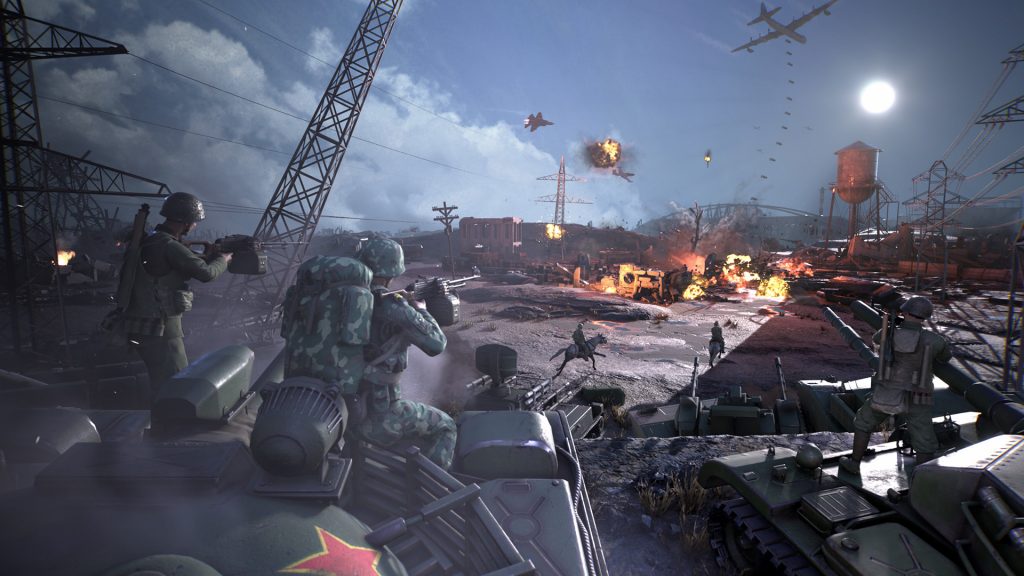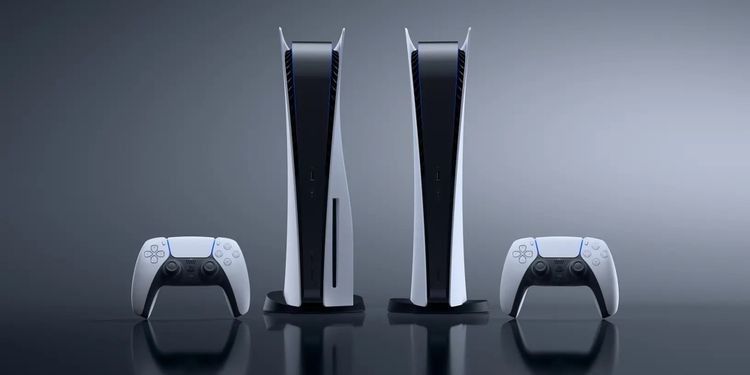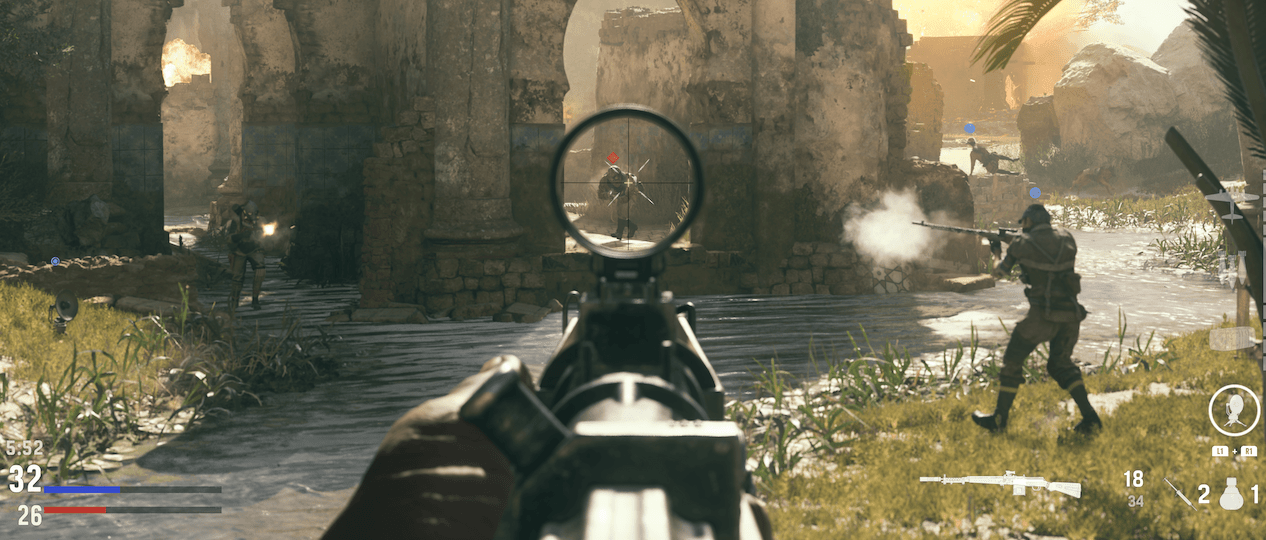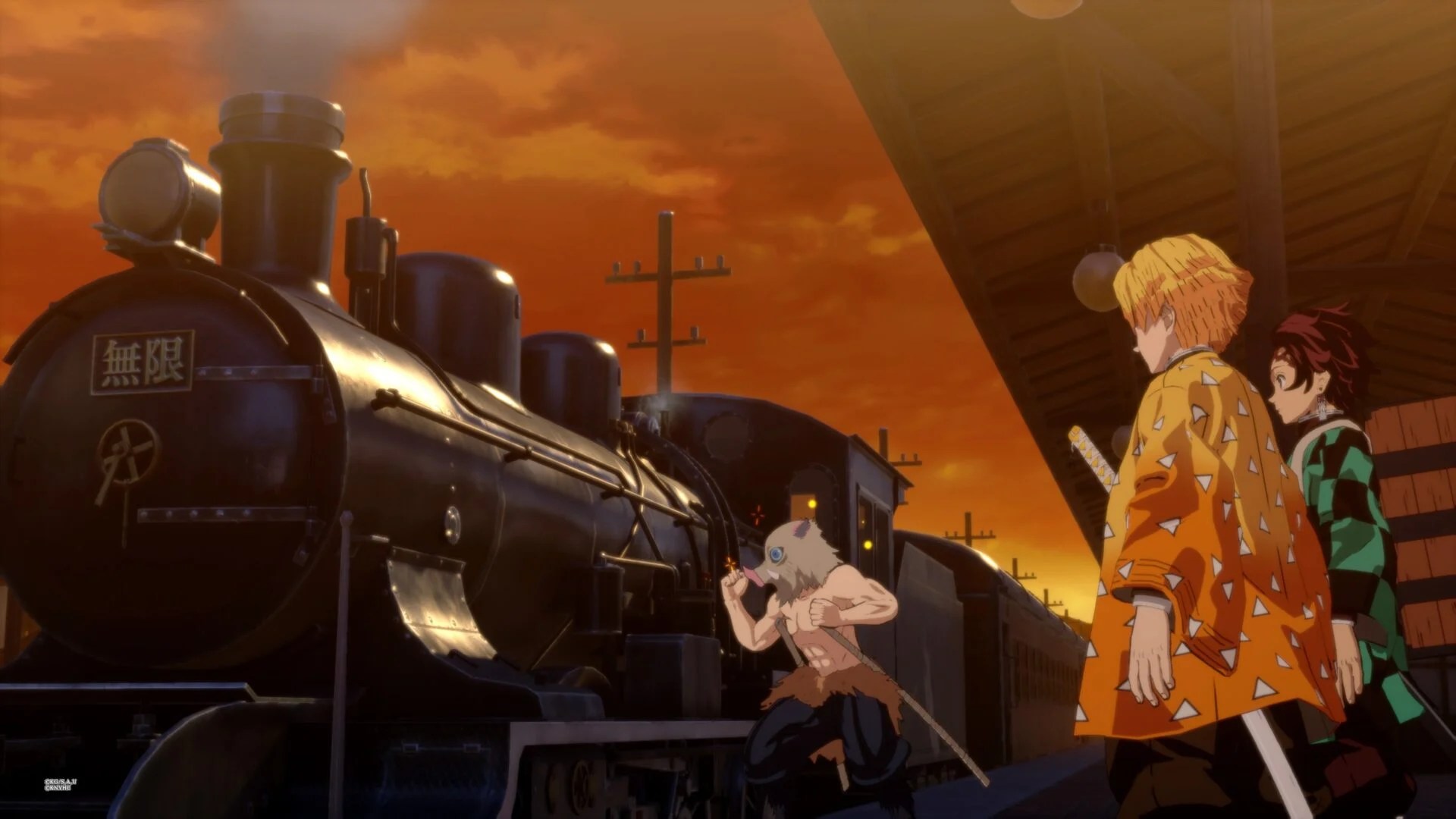
Demon Slayer: The Hinokami Chronicles on PS5
Demon Slayer: The Hinokami Chronicles feels like nearly the exact same anime arena fighter we’ve been seeing from developer CyberConnect2 for years now. There are slight updates to the combat system alongside the flashy visuals players have come to expect, but overall, this feels like Naruto: Ultimate Ninja Storm with a Demon Slayer skin on it.
There are many shared systems and aesthetic choices between this and CyberConnect2’s previous work, which is expected, albeit a bit disappointing. Even the Story Mode menu looks exactly like the one in Ultimate Ninja Storm 4. That’s a small nitpick, of course, but it’s just the tip of the iceberg when it comes to noticeable similarities.
These similarities would be easier to forgive if there was enough variety when it comes to the roster. Let’s be honest, a lot of us anime fans play these games to see our favorite characters perform insanely cool moves against each other. And with that in mind, the roster in Demon Slayer: The Hinokami Chronicles falls short. Its list of 18 launch characters — three of which are Tanjiro, along with five other duplicates — is underwhelming, to say the least.
This problem could have been solved by waiting until the anime progressed further and introduced more characters to use in the game’s roster, but it’s hard to fault the publishers for putting this out as soon as possible when looking at Demon Slayer’s current insane level of popularity.
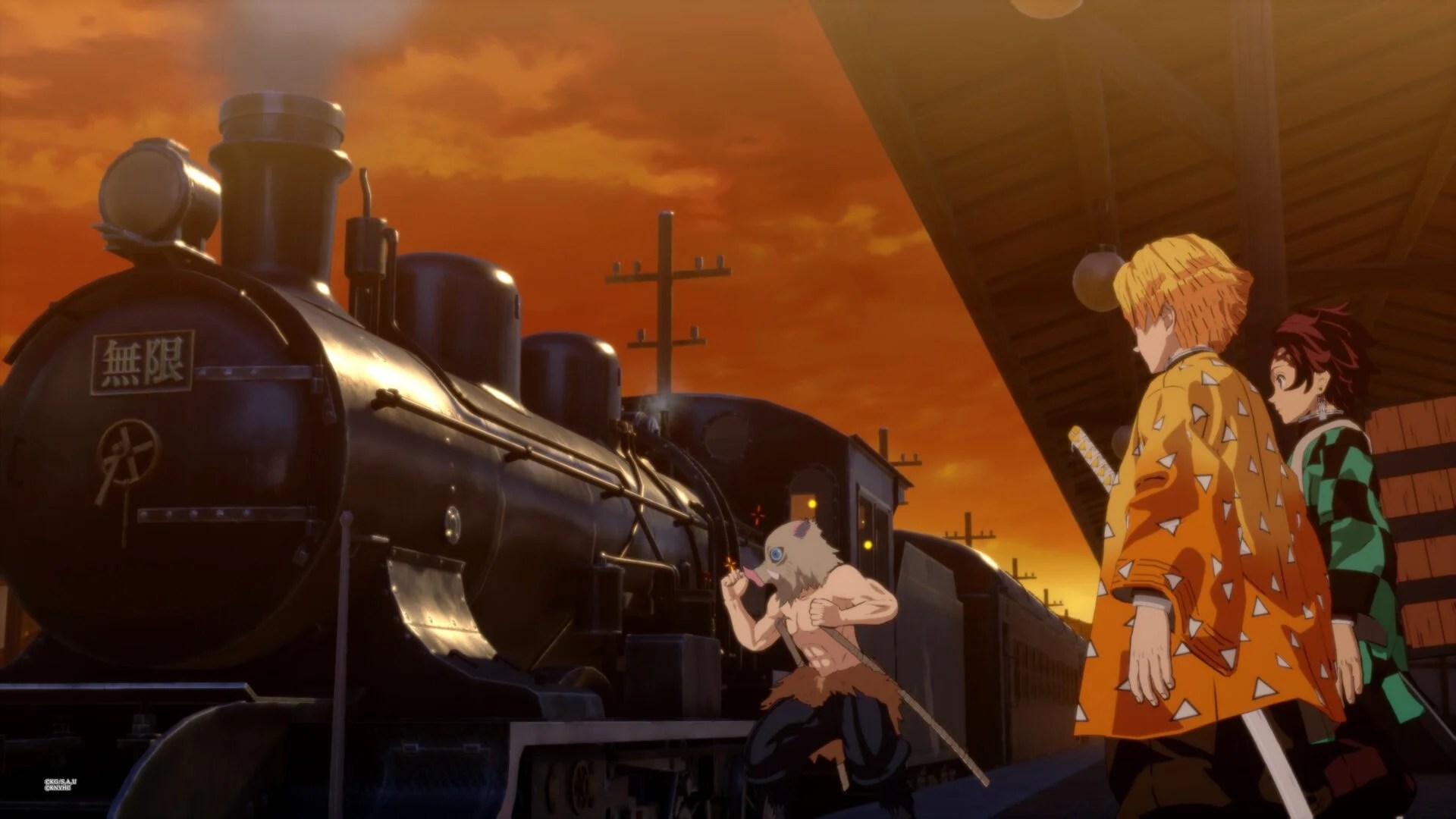
The game’s storyline follows the first season of the anime, including the Mugen Train arc, so fans should know exactly what to expect from the Story Mode. And you’ll need to complete this solo mode if you’re looking to unlock every character on the roster — only four out of the 18 characters are available after finishing the prologue.
In fact, you have no choice but to at least begin the story, as every other menu option is locked when starting the game. This won’t be a problem for those who still love the familiar CyberConnect2 Story Mode style, complete with cinematic QTEs and all.
However, the less flashy Story Mode moments are where the issues lie. The segments of the storyline that happen outside of battles will have players walking through small maze-like areas more often than necessary. It gets tedious and repetitive to slowly move toward an objective marker while picking up optional items or talking to other characters for short conversations.
These sections feel like tacked-on filler. The Drum Mansion is one of the worst offenders when it comes to these meaningless walking sections because you follow the demon’s scent four or five times, just to be teleported to a different section of the mansion until the game automatically brings you where you need to go. The same goes for wandering through Mt. Natagumo in the Spider Demon chapter of the story.
It feels as though they wanted to add more to do beyond just the fights since there aren’t many in the first season of the anime, but sadly, most of these sections slow everything down for no real reason other than to have players pick up optional collectibles and complete unimportant side tasks.
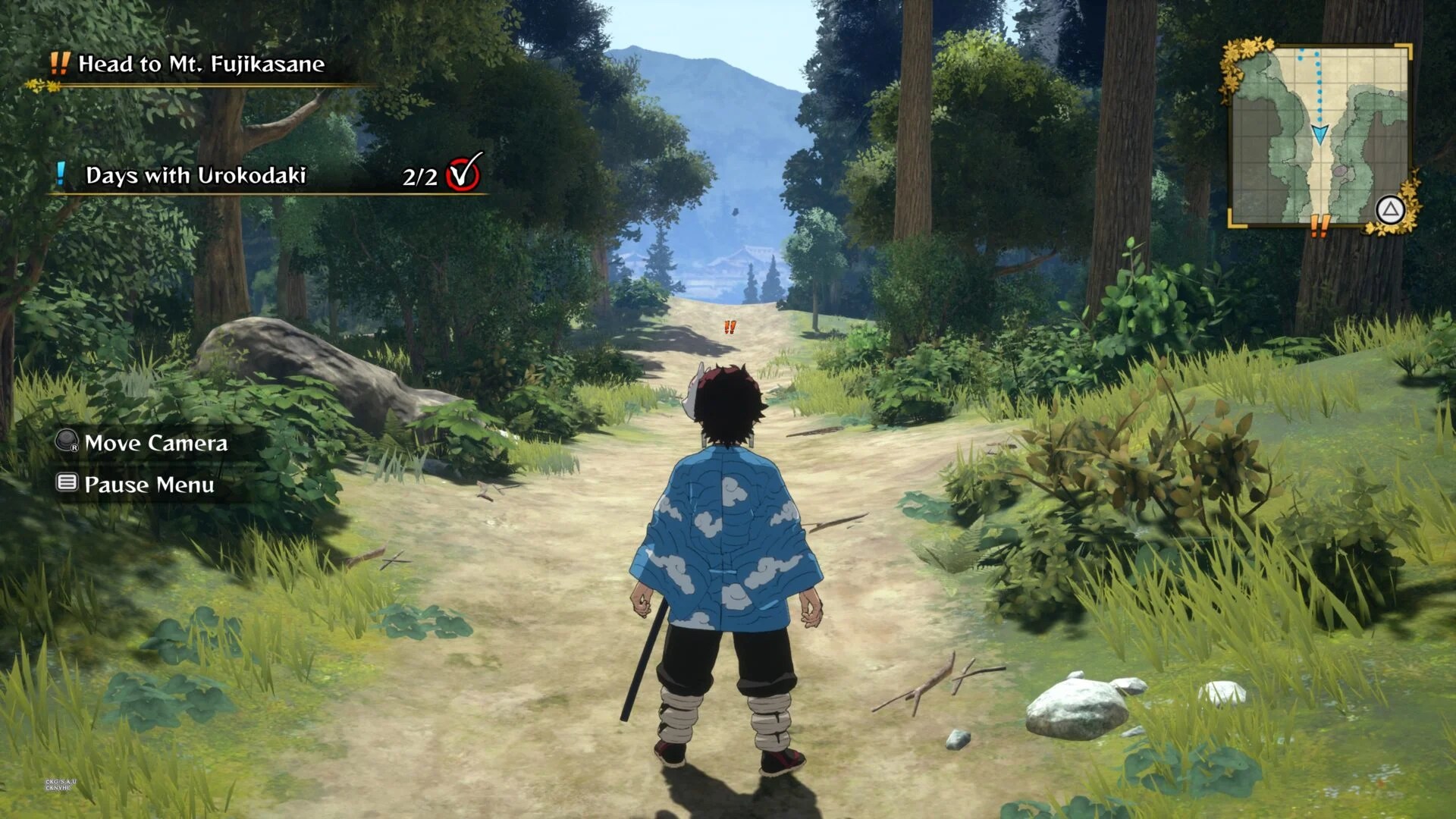
The combat and visuals are the main attractions in Demon Slayer: The Hinokami Chronicles, even if they’re exactly what’s expected of CyberConnect2 at this point. One button is all you’ll need to perform many of your basic combos, so the gameplay is still as accessible as ever. Though, there are some new tweaks to the formula that add a tiny bit more depth to the combat.
There’s a dedicated special skill attack button that can perform three different skills to slot into combos however you prefer. Mixing the skills with regular attacks and the Chase Dash movement ability can make for some creative combos. Chase Dashes use up a meter, but allow characters to link more moves together by quickly closing in on an opponent at the end of an attack string.
The new combo timer sets a hard limit on how long combos can be, which means that Chase Dashes can’t be used to loop combos infinitely. The timer appears at the start of each combo and, as long as it’s active, combos can be continued if you’re creative enough with your special meter.
There’s also a Boost feature that acts like Awakenings in Naruto: Ultimate Ninja Storm, giving players a speed and strength buff while refilling the skill meter used for Chase Dashes and special attacks. The difference here is that, unlike the Awakenings, Boost has its own meter. This meter can be used to Boost, or when full, can be used to do an Ultimate Art. The choice is yours.
These slight differences in the combat are somewhat interesting changes, but they’ll seem hardly noticeable to someone who plays these 3D anime fighters casually.
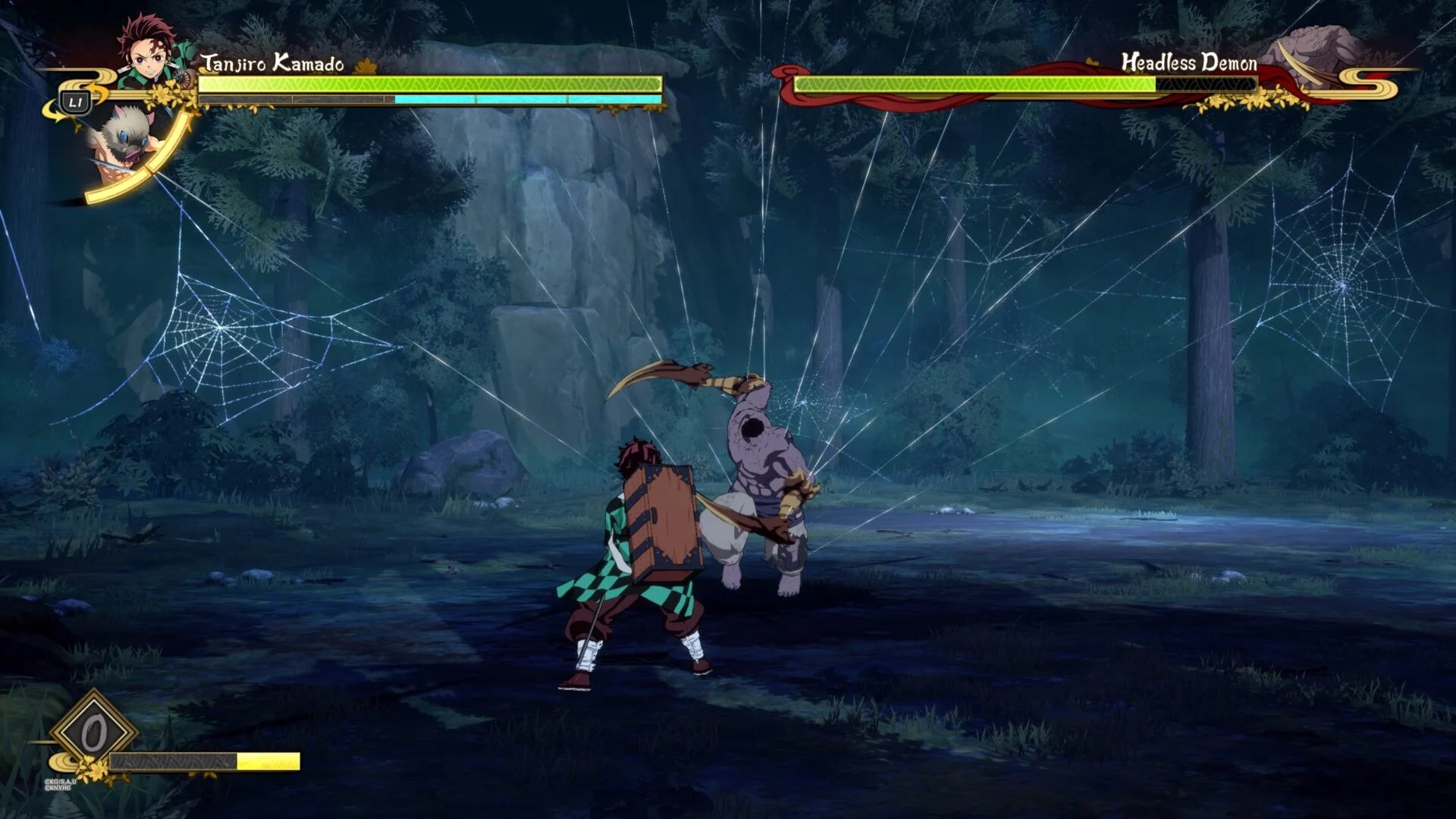
Demon Slayer: The Hinokami Chronicles is a game that will be tough to fully enjoy unless you’re a diehard fan of the anime/manga, and even then, be sure to temper expectations when it comes to how many of your favorite characters can actually be used in combat.
Even if your favorites are available, having to trudge through the entire story to unlock the whole roster certainly won’t be everyone’s idea of fun, especially if you’re only buying for the multiplayer modes to play online or against friends.
In short, this game feels very much like a stepping stone on the way to a better Demon Slayer game in the future — one with a wider variety of playable characters, more new combat features, and a longer storyline that can afford to cut out filler moments that pad the experience.
Review Block
Demon Slayer: The Hinokami Chronicles
3
/ 5
Fair
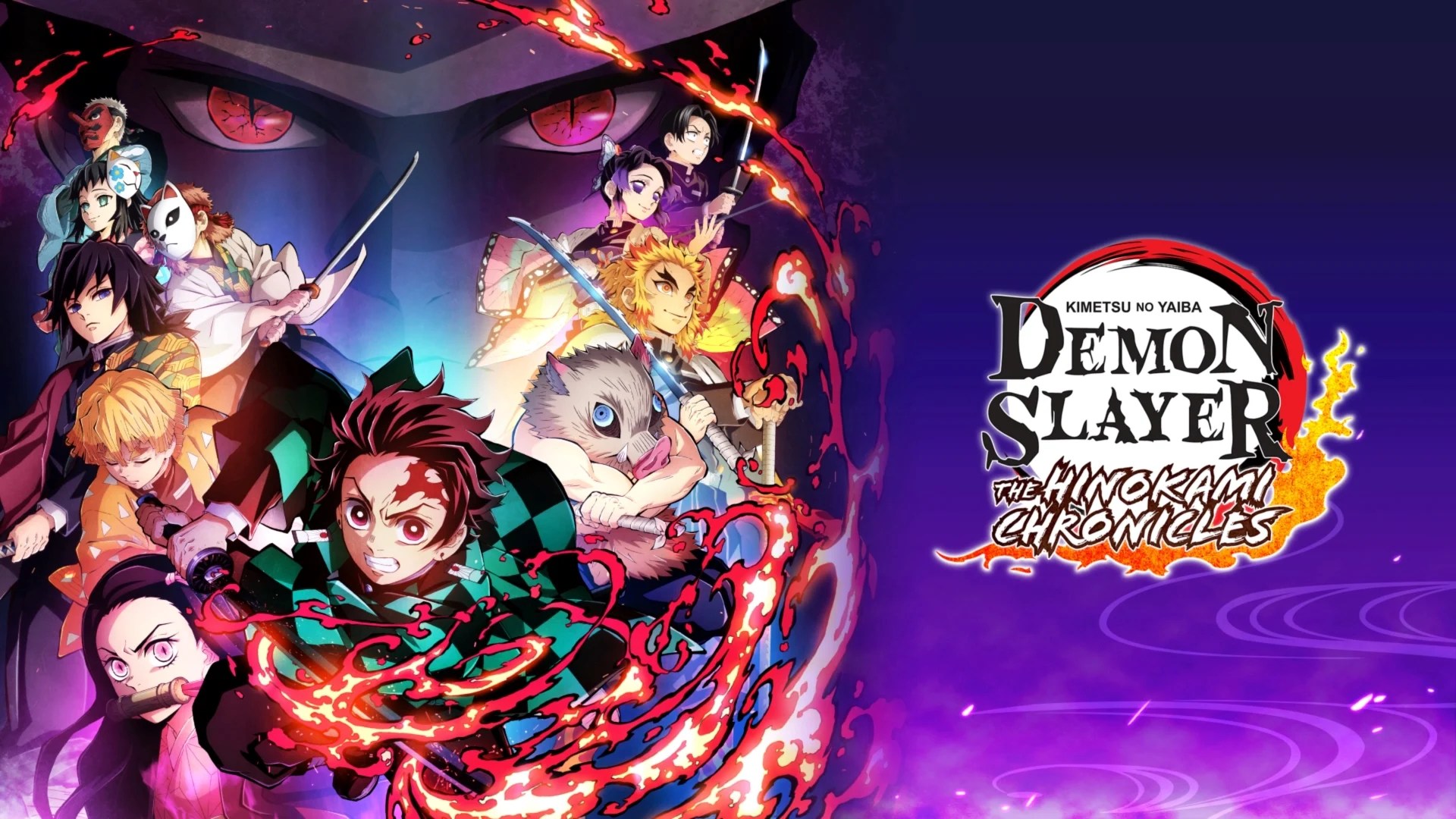
Reviewer: Ethan Anderson | Copy provided by Publisher.
Pros
- Combat animations and special moves are still as flashy as ever.
- Gameplay is relatively simple, making it accessible to newcomers.
Cons
- Non-combat Story Mode sections feel tacked on and unnecessary.
- Small roster full of duplicate characters.
- More of the same from CyberConnect2.
Release Date
Oct. 15, 2021
Developer
CyberConnect2
Publisher
Aniplex, Sega
Consoles
PS4, PS5, Xbox One, Xbox Series X|S, PC
The post Demon Slayer: The Hinokami Chronicles Review – Filler Episode appeared first on Twinfinite.

